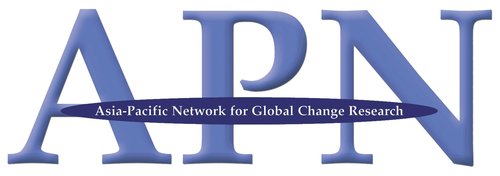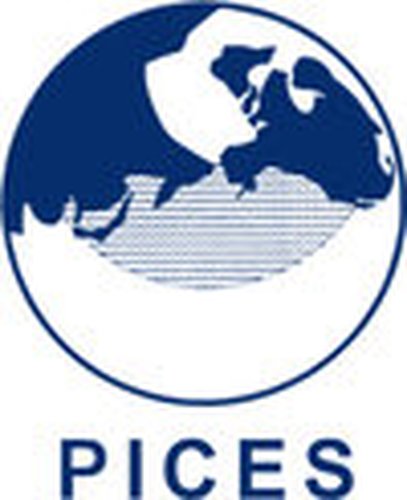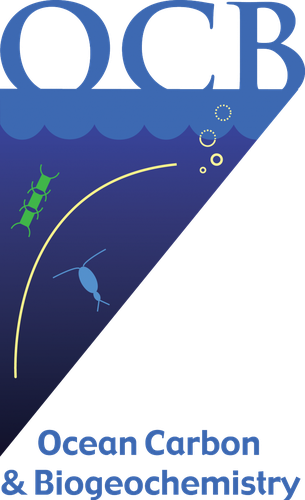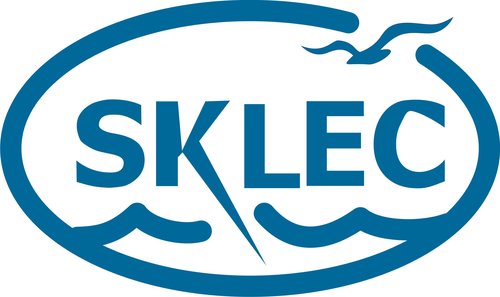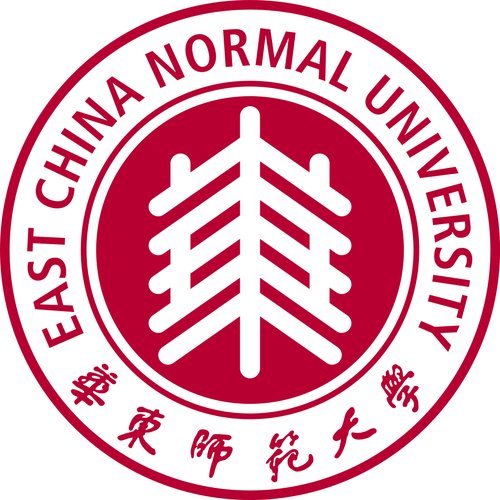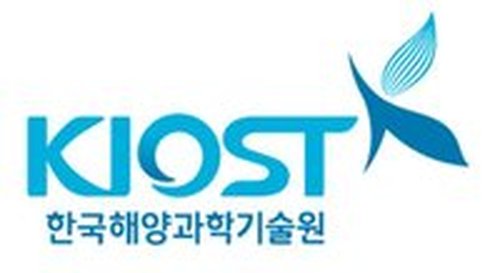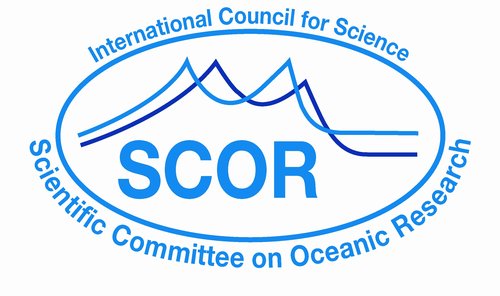
ClimEco 4 – Delineating the Issues of Climate Change and Impacts to Marine Ecosystems: Bridging the Gap Between Research, Assessment, Policy and Management
Time: 2014.08.04 – 2014.08.09
Location: Shanghai, China
IMBER focuses on the interactions and linkages between biogeochemical cycles and food webs, including humans, with the aim of improving the predictive capacity for marine ecosystems increasingly affected by global change. As the marine environment is very complex, particularly in the context of global change, indicators are often used to provide a practical and economical way to track the state of ecosystems. This fourth IMBER summer school, ClimEco4, continued IMBER’s focus on fostering research at the interface of natural and human systems. It was structured around lectures and activities that focus on indices of climate change, climate impacts, and ecosystem services, and how these are linked to indices for socio-economic and policy information in relation to climate-ecosystem interactions.
Topics
ClimEco4 focused on indices to evaluate marine ecosystems, including: what they are, how to construct them (for process/observation scientists), how to use them (modellers from natural to social sciences), and how to combine them to inform policy and decision-making. Lectures included overviews of climate change (climate change primer), general information on databases (acquiring and managing large data sets), data analysis methods for indicators (statistical methods), using indicators with models (e.g. ecosystem and socio-economic models), and criteria and use of indicators for informing management and policy. There was daily “hands-on” sessions, to allow participants to work with databases indices and models to ‘try out’ the concepts covered in lectures.
Topics included:
Setting the scene
- Delineating the issues of climate change and impacts to marine systems
- Indicator basics
- Indices of climate change and climate impact
State and pressure indicators and modelling basics
- Socio-economic indices and climate impact
- Gauging ecosystem resilience from proxy records of past climate changes
- Modelling basics
Data and databases
- Acquiring and managing large data sets and metadata
- Where to find existing compilations of observational data and indicators for different systems (e.g. socio-economic, ecological) and for marine climate change models
- How to improve sharing, reuse, storage and retrieval of scientific data
- Using data and data sets in systems models, and the role of indicators
Analyses refresher and statistics primer
- Data analysis methods (including for data quality control)
- Multivariate statistics primer
- Newly emerging statistical techniques (geospatial, long term trends, episodic and extreme events)
- Methods for nonlinearity exploration in data: Detecting ‘tipping points’, developing decision criteria empirically and analytically.
Using indicators in models to inform climate decisions
- Selecting indicators
- Linking socio-economic indices to marine ecosystems
- Using indices with ecological and socio-economic models – Exploring the role of models in the development, testing and validation of indicators
- Performance of indicators
Using indicators for policy
- Using indicators in a decision support context
- Use of indices from a regulatory or management perspective
- Methods for communicating indices to a range of audiences
- Bridging the gap between research and information that is practically useful for managemen
Lecturers
A team of multidisciplinary experts, drawn from the natural and social science communities, shared their perspectives and approaches to marine science.
- Alida Bundy (DFO, Canada)
- Jiahua Cheng (East China Sea Fisheries Research Institute, China)
- Beth Fulton (CSIRO, Australia)
- Eric Galbraith (McGill University, Canada)
- Scott Large (NOAA, USA)
- Stéphane Pesant (University of Bremen, Germany)
- Yongsong Qiu (South China Sea Fisheries Research Institute, China)
- Keith Sainsbury (CSIRO & University of Tasmania, Australia)
- Rashid Sumaila (UBC, Canada)
- Ingrid van Putten (CSIRO, Australia)
Participants
This was an interdisciplinary summer school. We welcomed students and early-career researchers (less than 10 years since PhD) who where interested in research to address the complex issues facing marine ecosystems and the human societies that depend on them. We welcomed applicants from the natural and social sciences, working on topics related to the ocean and climate change, who are interested in the challenge of crossing the barriers between disciplines.
ClimEco4 was limited to about 60 participants. This has been found to be optimal for student-lecturer interactions, interactive practical sessions and group projects.
Video
Click here to watch the lectures from this event.
Flyer
Click here to download the ClimEco4 flyer.


